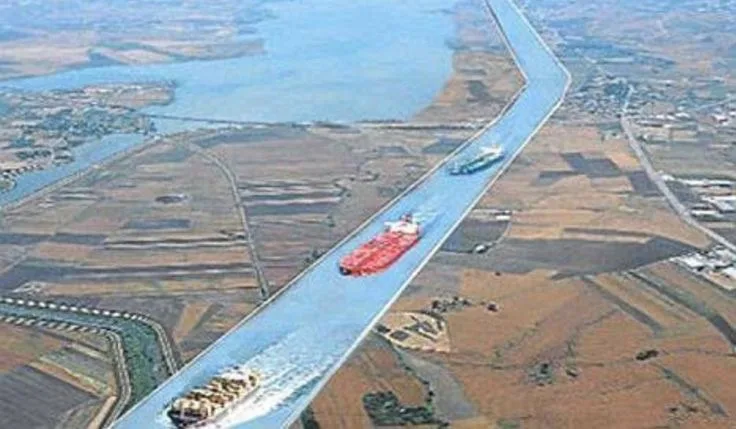The Minister of Foreign Affairs, Immigration and Egyptian Affairs Abroad, Badr Abdel-Ati, called during a telephone call with his Iranian counterpart Abbas Araqji today (Saturday) to protect freedom of navigation in the Red Sea.
The Ministry of Foreign Affairs, Immigration and Egyptians Affairs Abroad said in a statement that Abdel-Ati received today a telephone call from his Iranian counterpart Abbas Araqji, dealing with “the accelerated developments in the region and the need to contain the escalation in the region, whether in Gaza, Lebanon or Yemen.”
During the call, Abdel-Ati stressed the need for restraint during this critical phase in the region, and not to take steps or moves that would contribute to fuelling the critical situation in the region.
The Egyptian minister reviewed the developments in the Red Sea and stressed the need to protect freedom of navigation in the Red Sea.
He pointed to the great losses incurred by the Egyptian economy as a result of the decline in Suez Canal revenues and the instability of the situation in the region.

He stressed the importance of restoring calm in the region, avoiding the region from sliding into a cycle of violence and escalation, and the need to stabilise the ceasefire agreement in Gaza.
Last Monday, Egyptian President Abdel Fattah al-Sisi announced that his country incurs monthly losses of about $800 million in Suez Canal revenues due to the situation in the region.
Suez Canal revenues decreased by more than 60% during 2024, equivalent to about $7 billion, following events in the Red Sea region and Bab al-Mandab, which negatively affected the navigation of the canal and the sustainability of global trade.
Yemen’s Houthis have repeatedly attacked Israel-linked ships in the Red Sea since the outbreak of conflict between Israel and the Islamic Resistance Movement (Hamas) in October 2023, to show solidarity with the Palestinians.

In response, the United States and Britain launch airstrikes on Houthi military positions in the Yemeni capital Sana’a and other governorates under the control of the group, which has expanded the circle of its naval attacks to include American and British ships.
The mutual bombardment between the two sides stopped during the first phase of the ceasefire agreement between Hamas and Israel, before returning again in the absence of agreement to start the second phase of the agreement.
These tensions have prompted some shipping companies to avoid crossing the Suez Canal, which is one of the main sources of foreign exchange for Egypt.
